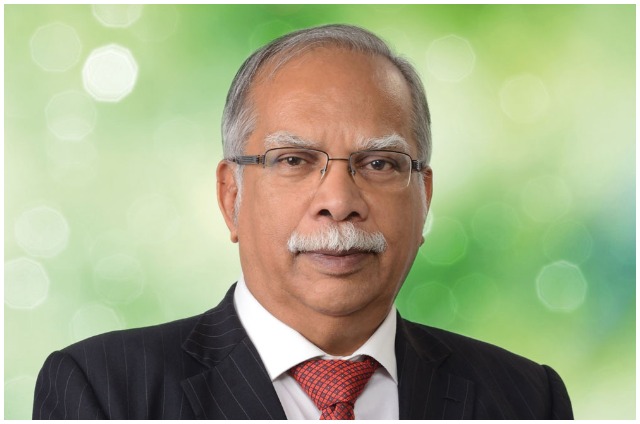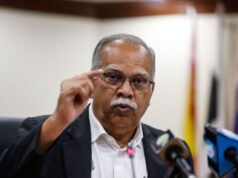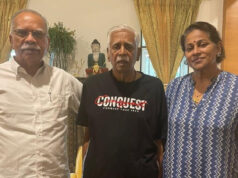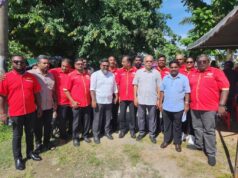

Abdul Razak Ahmad article “Different strategy needed in Southern Thailand peace efforts is an interesting and timely piece (FMT).
It called for the adoption of different peace strategy in resolving the conflict in Southern Thailand between the Malay-Muslim groups and the Thai government.
The author welcomes the role of the newly minted Prime Minister Anwar Ibrahim with the appointed of the new facilitator, the former armed forces general, Zulkifli Zainal Abidin. However, he thinks that the peace process needs to be re-strategised with an inclusive approach, creating a brain trust and not the least the need for political will.
I think Abdul Razak has raised some valid points, but these by themselves are not sufficient to infuse the much needed enthusiasm and vigour to kick start the stalled peace process with the ultimate objective of ending the long conflict.
First, there is need to rethink the option of the role of facilitator given to Malaysia. My question is why should Malaysia take a tangential role as a facilitator when it has a bigger role.
The on-going conflict involves Malaysia to considerable extent, the ethnic and religious ties, the problem of irredentism and others.
As I have argued earlier, Malaysia’s should adopt the role as a mediator, an enhanced position.
Second, the appointment of a former military man as the facilitator is important, but I think that the role should be given to experienced civilian with a broader exposure. Third, Abdul Razak is right in saying that there should peace negotiations should encompass groups other than Barisan Revolusi Nasional (BRN) to avoid the problem of sectarianism leading to fratricidal warfare.
Fourth, if the Malaysian government is involved, then opposition parties like PAS should not throw spanners in the work. The affinity between PAS and some Malay-Muslim groups in Southern Thailand might not be conducive to the peace process.
Fifth, on the surface there appears to be great deal of affinity between Malaysia and the Southern Thailand Malay-Muslim groups. However, in reality, there is lack of trust.
The rebels while welcoming Malaysia as facilitator more for their own immediate benefit, do not see it championing their long term desire for independence.
Sixth, Malaysia might be good and friendly southern neighbour to Thailand, but there persists problems of trust and understanding. Malaysia’s domestic politics that hovers around race and religion might be something that be unsettling to Thailand.
Before the conflict could be settled, there is a deficiency of trust and goodwill. If Malaysia cannot perform its present role as either facilitator or even as a moderator, then there is need to rethink and re-strategise the peace process once again.
Many lives have been lost since the Southern conflict flared up in 2004. The seeds of the conflict were sown when the Thai Kingdom annexed the southern Malay-Muslim areas that were under the sovereignty of the Pattani Sultanate in 1909.
In fact the conflict is more than one hundred years old.
It is sad that the Thai Malay-Muslim conflict remains the last few insurrections in Southeast Asia yet to be resolved.










